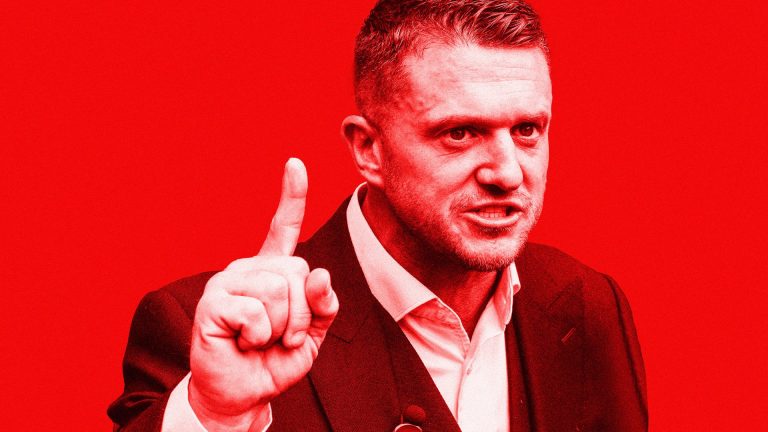Hard right populists can get thrown out of power – just look at the Netherlands
The bizarre, 11-month-long sock puppet show that called itself the government of the Netherlands has come to an end, thanks to the puppet master himself. Geert Wilders, the 62-year-old, far-right anti-Islam Dutch leader, has pulled his party out of the ruling coalition, saying he now wants to be prime minister himself. But with elections scheduled for the autumn, he could end up frozen out of power.
Wilders has long been at odds with the government that he helped form, after his party, the PVV, won elections in 2023. On several occasions he clashed publicly and spectacularly with Dick Schoof, the non-party-aligned prime minister. And last week he presented the cabinet with a list of demands on asylum that even anti-immigration media outlets thought were unrealistic.
Schoof, now caretaker prime minister, labelled Wilders’s withdrawal from the coalition “unnecessary and irresponsible” during a debate in parliament on Wednesday. While the outgoing prime minister is unlikely to play a role in the upcoming campaign, his remarks signal a line of attack on Wilders that the other parties have already taken up. This is now the second time that Wilders has brought down a government dominated by the right, the type of government he has always said he wanted for the Netherlands.
Former prime minister Mark Rutte called Wilders a “quitter politician” in 2012, after the far-right frontman withdrew support for the minority government he was leading at the time. In the subsequent elections, the PVV paid a heavy price, and the party was left out in the cold for over a decade. The other parties are bound to highlight Wilders’s apparent unreliability to end his dream of leading the country – for good this time.
The fractious coalition between the PVV and three more centrist right-wing parties managed to last for almost a year, but the end was never far away. Three of the four parties, the PVV, the farmers’ party BBB, and a largely Christian Democrat offshoot, NSC, had no previous government experience, and neither did Schoof. From the start, negotiators were hit by ethics scandals, as were ministerial candidates.
Trust and approval ratings among the electorate were low almost from the start. In contrast to some other right-wing European leaders, such as Giorgia Meloni in Italy and lately Bart de Wever in Belgium, the PVV-led coalition was never able to project competence, or stability. Rumours abounded in The Hague about the inefficient and unprofessional ways in which ministers ran their departments.
Beside inexperience, the root cause of public disenchantment, and falling PVV polling numbers, might well have been the string of unrealistic promises the party made. In quitting the coalition, Wilders made much of the government’s inability to fulfil his election promise of an “emergency law” to limit asylum seekers. Instead, the government worked on a “fast-track” law that complied with Dutch and EU rules.
On other key issues, such as easing the increasingly onerous nitrogen requirements for Dutch farmers, the coalition saw its approach blocked by the courts that forced it to stick to European targets. On broadly supported socio-economic initiatives, such as free childcare, the coalition ran into logistical and budgetary constraints.
In the end, Wilders was unable to make the transition from firebrand opposition leader to responsible statesman. He did, as demanded by his coalition partners, damp down his anti-Islam rhetoric while the PVV was in power. Wilders has been living under police protection and in safe houses since 2004, after receiving death threats following some of his remarks on Islam. Asked during the parliamentary debate on the fall of the coalition whether he would now resume his diatribes against Islam, he said it had not been foremost on his mind.
The question is whether Wilders will continue in his more moderate guise, in order to maintain his viability as a future coalition partner. But this seems unlikely and unnecessary. His current coalition partners had no issue doing business with him after the previous campaign, in which he was clear about wanting “less Islam” in the Netherlands. And voters rewarded him by making the PVV the largest party.
Despite the decline in the polls, there is no reason why he shouldn’t be able to repeat that feat in the upcoming elections. While many might blame him for bringing down the most right-wing government since the end of the Second World War, his base might applaud him for putting a clearly outmatched team out of its misery.
Still, other movements in the polls, particularly the revival of the Christian Democrats, could mean he’ll be left without coalition partners. While Wilders could triumph once again, his path to power might well be blocked.
 Most popular
Most popular

